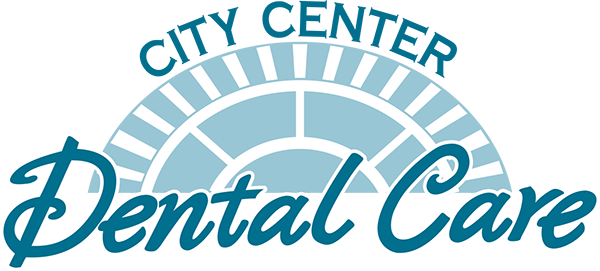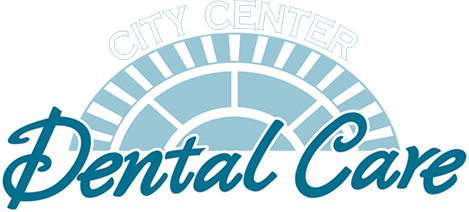Many people suffer from symptoms that affect the temporomandibular joint, including headaches, earaches, tenderness in the joint or muscles and sometimes radiating pain. In many cases the muscles and joint may not be functioning properly, resulting in a cycle of pain or spasms that can be debilitating to speak or eat properly. This is known as temporomandibular joint disorders or “TMD”. One of the biggest factors leading to TMD is stress, which can lead to increased clenching or grinding of teeth and aggravation of the jaw muscles and joints.
The temporomandibular joint is one of the most complex joints in the body because there are two joints working together. Proper function requires the cohesive movement of the muscles, ligaments, bones and cartilage to allow proper opening and closing to occur, giving us the ability to eat, speak and swallow. If any of these components that make up the temporomandibular joint are not working properly it can lead to excruciating pain.
Muscles
The TMJ is controlled by multiple muscles acting at different angles to allow for opening and closing. If any one of these muscles is not working properly, then it can throw off the entire range of movement and function. Spasms in these muscles can result in significant pain. Persistent muscle pain can lead to joint discomfort in a complex cycle of pain and improper function.
Disc
The cartilage disc protecting the skull and jawbone should smoothly glide back on forth when we open or close. For some patients, the disc slips out of position, resulting in clicking or popping. There is minimal concern provided this clicking and popping does not result in pain. If patients notice pain in the joint or have been stuck open or closed, they should seek treatment.
Bite
The TMJ affects how the teeth come together, such that if a person’s bite is asymmetrical or lopsided, then the joint can be harmed over time. It can be a difficult challenge to diagnose and treat TMJ problems, but Dr. Tao has experience dealing with this complicated joint. She is able to assess and treat TMJ symptoms with a range of options including; occlusal splint therapy. Please call 757-873-3001 for additional information.
Learn More about our Doctors →
Frequently Asked Questions
What are the symptoms of TMJ Disorder?
Jaw pain, clicking and popping of the jaw, ear pain or earache, popping in the ears, headaches or pain in the temple, stiff or sore jaw muscles, and locking of the jaw joint are all symptoms of TMJ Disorder.
What Causes TMJ Problems?
TMJ can be caused by injury to the teeth or jaw, misalignment of the teeth or jaw, teeth grinding or jaw clenching, stress, poor posture, arthritis, and oral habits.
What TMJ disorder treatments are available?
TMJ can respond to home remedies such as icing the joint, anti-inflammatory drugs. You can avoid foods that require you to chew excessively and try massages and stretches of the jaw and neck. Stress reduction can also help relieve symptoms. When home treatment does not work, medical treatment including dental splints, Botox injections, physical therapy, prescription medicines, and in severe cases surgery.


